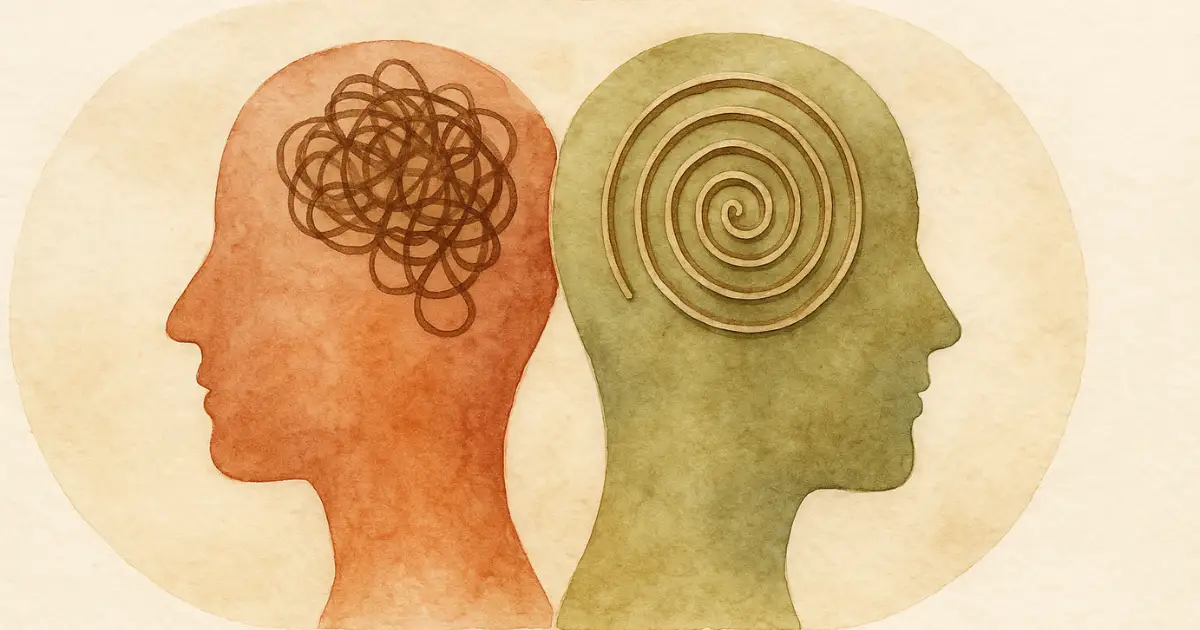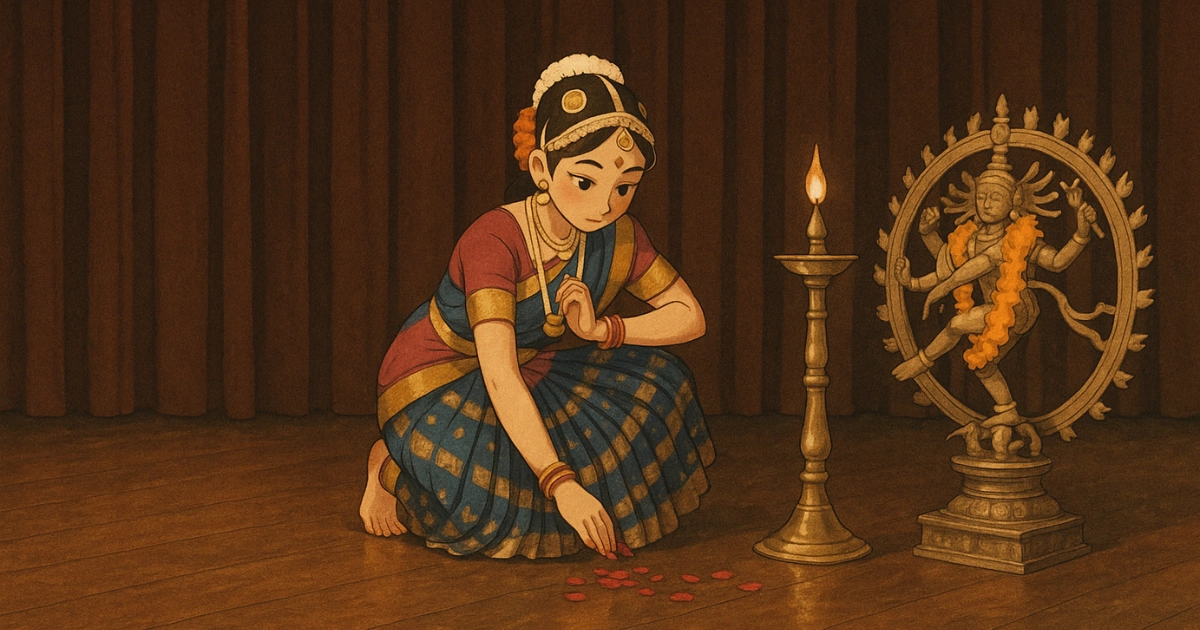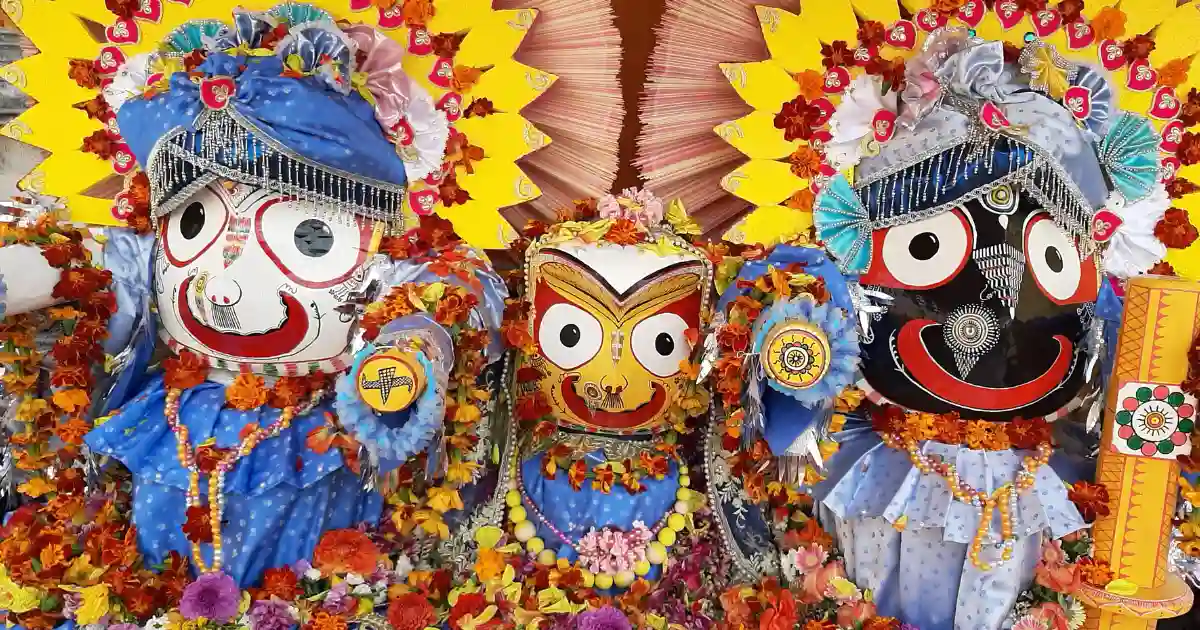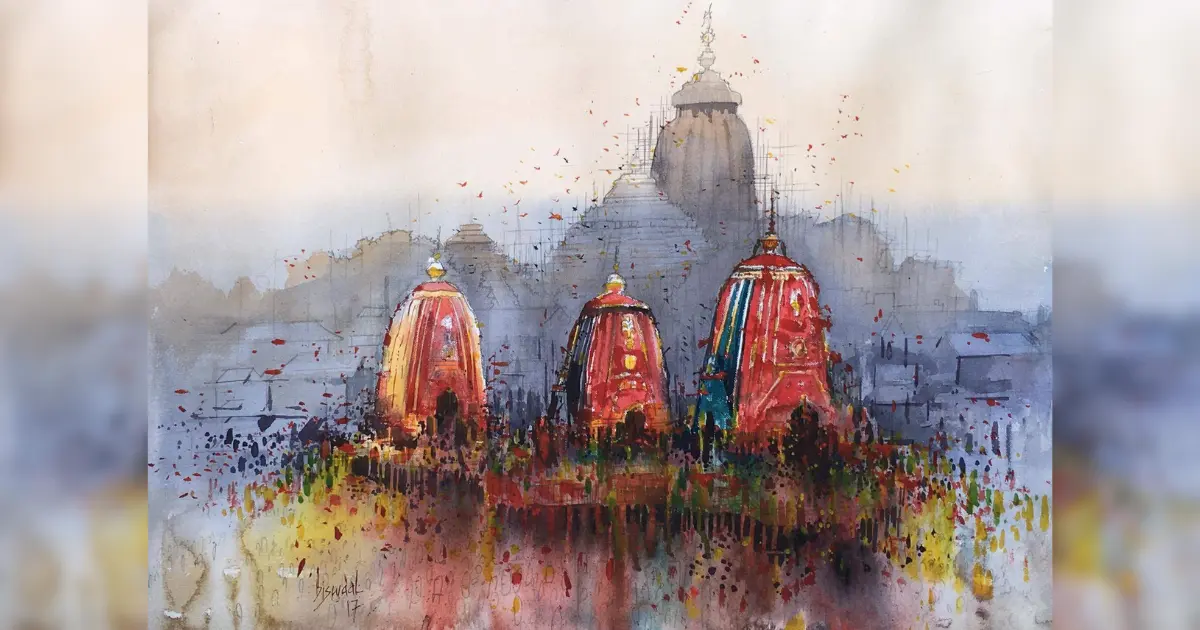We all wish to be happy and healthy. And yet, in today’s modern times, this seems like a lofty, ideal state which seems impossible to achieve. Global Happiness Surveys have a very dismal view of Indians. While this can be a reflection of skewed sample size, we do find lack of wellbeing and happiness as we look around our own ecosystem.
Bhārata, one of the oldest civilizations to give the world and humanity a guide for living a long and meaningful life, needs just a U-Turn to bring this back in our own lives.
We have Āyurveda, one of the oldest sciences and art of living life. The objectives for Āyurveda were very clearly mentioned by Ācāryas. Maintaining and protecting the health of healthy people is the first aim of Āyurveda:
Svasthasya svāsthya rakṣaṇam
Then comes treatment or remedies for those who are diseased. However, unfortunately today, Āyurveda and even medicine at large is known for the second aim more than the first one.
We, as a society, have forgotten what it is to be naturally healthy and happy.
Or is society designed intentionally so today? After all, being happy and healthy is not good for the economy. It is questioned in Śrīmad Bhagavad Gītā -
Aśāntasya kutaḥ sukham?
The word for a healthy person is ‘svastha’ in Saṃskrta. Sva meaning self, and stha meaning that which is rooted, grounded, steady. Because one who is rooted in self remains healthy. Such a simple yet profound understanding!
However, the problem today is, we do not know ourselves, and we are living in too volatile a society to remain steady. Henry David Thoreau mentioned a long time ago about our way of living: ‘We are living too fast, rather than deep.’ This was before the VUCA and CoViD pandemic times.
Isn’t it time to ponder deeply on his words, with the wisdom of Āyurveda?
Hitāyuḥ and Sukhāyuḥ
Ācāryas have defined Āyurveda as a science and art of life - living a long, healthy, happy, and meaningful life. They name this life as Hitāyuḥ and Sukhāyuḥ.
Hitāyuḥ, or inclusive life: ‘Hita’ being that which is in alignment with others and the Universe. A person is living Hitāyu when s/he does not harm any person in thought, speech and action; lives, moves and acts in kindness, humility, goodness; and works with single-minded dedication in life - this person establishes harmony in a family and society, is self- disciplined, controls his/her negative traits like anger, agitation, excitement etc.
Such a life always enjoys good health, harmony and happiness.
Ahitāyuḥ, or self-centred life: A person who is guided by his/her self-interest, prejudices, and manifests negative traits of anger, agitation in personal, professional and social lives; one who is distracted; and harms others for their own benefits in life. Such a person is destructive and suffers from many disorders. Such a person may be very competitive, unmindful, selfish, greedy, and myopic.
Sukhāyuḥ, a life of happiness: ‘Su’ means auspicious and ‘kha’ indicates space. Sukha is thus to be in a state of happiness and wellness. A lifestyle where a person enjoys material and spiritual joys, as s/he is physically, mentally fit and is youthful. S/he is has strength and vitality, name and fame. S/he has intellect and is knowledgeable; and her/his senses are under control - therefore they are able to do their work well.
Dukhayuḥ, or a life of sorrow: a person living in ignorance and falsehood, living her/his life in such a way which contradicts the lifestyle as mentioned above, falls into this category of living.
S/he suffers and lives a stressful life, is not able to enjoy relationships and worldly pleasures, and goes through motions of life reacting with aggression or depression.
The constructs of Hitāyuḥ and Sukhāyuḥ make us aware of our imbibed improper lenses to look at life. The VUCA and post-pandemic lifestyles have only created Ahitāyuḥ and Dukhāyuḥ, taking us far away from our state of wellbeing and happiness.
Hita is that which is beneficial not just to self, but to everyone and everything around us. What a profound understanding of Self as interconnected to everything.
I wish to experience abundance, but from a xenophobic, closed life or self, how is that possible?
To experience abundance, I need to have self-awareness of my interconnectedness. This is the first step to wellbeing. Āyurveda has given us the meta-cognition of Self. Now, it’s up to us to explore the ways and practices to remain steady or grounded in this understanding. The rest will flow.
Modern times have created longer life spans, with not much thought on healthspan and quality of life.
Āyurveda is not just a set of lifestyle management practices. This artful science clears our lens to see our own selves. An understanding that the current education doesn’t give us. Hitāyuḥ insights create ecological belonging, and give us an ecological identity. This helps us integrate rhythm and harmony in our life by daily practices, and also a philosophy. Hitāyuḥ precedes Sukhāyuḥ. This is the foundation that builds wellbeing and resilience.
On the other hand, Sukhāyuḥ is a combination of physical, psychological, mental, and spiritual wellbeing.
Whereas, the Global Happiness surveys focus on definitions of happiness that are based on instant gratification and individualization.
High arousal and extroversion are keenly part of the happiness quotients. To the contrary, Āyurveda, rooted in Bhāratīya ethos of indriya jaya, community living, and balancing material and worldly aspirations with the other-world focus; encourages reflection and inward-looking as much as they pursue outer focus.
The power of language shows in the synonyms of the word happiness in different Bhāratīya languages. Sukha is translated as ‘sandhosham’ in Tamizh - though also a Saṃskṛta-rooted word itself. This is the virtue that is forgotten by our own culture, as we forget the language.
The younger generation is learning happiness by associating with certain fast-food products that in reality compromises their health. To them, having more is happiness.
How will they know or experience sandhosham - that deep sense of happiness or contentment?
Mental health and wellbeing are at risk for the youth today.
Isn’t this time to take a U-Turn to our roots?
The 1st Edition of the International Mana: Svasthya Symposium, organized by the Aashirwad Health Trust with Bṛhat as the Knowledge Partner, delves into these questions and core constructs of Āyurveda for integral well-being.
Learn more and join us for the Symposium at the picturesque Saranya Campus, July 4-6, 2025.







